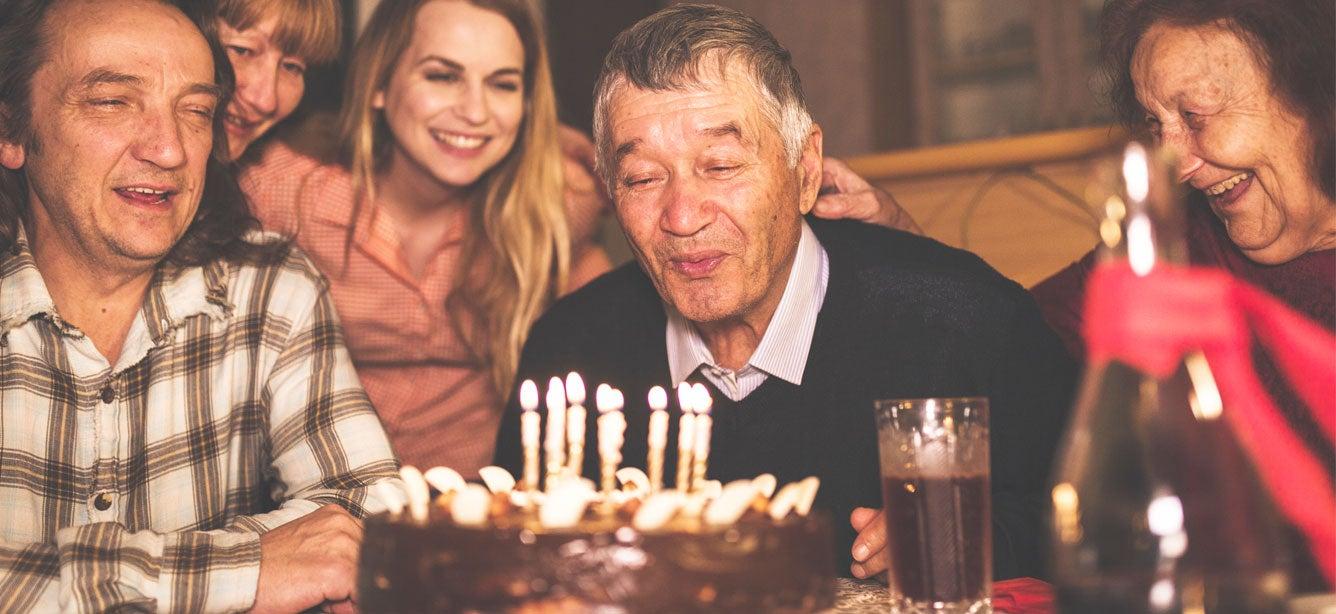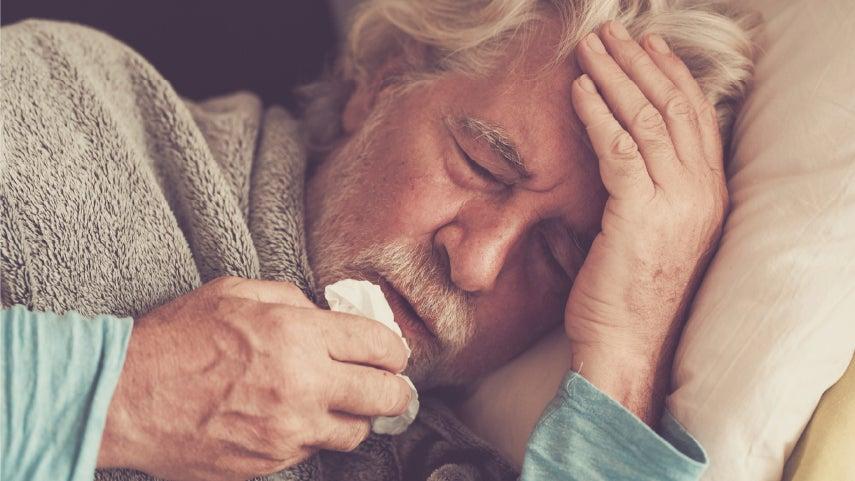
On March 8, the Centers for Disease Control and Prevention (CDC) issued new guidance on what fully vaccinated people can do safely.
What does fully vaccinated mean?
First, it’s important to understand what fully vaccinated is. Fully vaccinated means that at least two weeks have passed since you received the second dose of the either the Pfizer/BioNTech or Moderna vaccine or the one-dose Johnson & Johnson vaccine. If it’s been less than two weeks since your shot or you need to get the second shot, you are NOT fully vaccinated and you must continue to take preventative measures such as mask wearing, physical distancing, washing hands frequently, and avoiding crowds at all times.
What does the guidance say for fully vaccinated individuals?
Based on the new CDC guidance, if you are fully vaccinated:
- You can gather indoors with other fully vaccinated people without wearing a mask or physically distancing. You can now safely get together and do the things you enjoy with family and friends who are fully vaccinated, and even share hugs.
- You can gather indoors with unvaccinated people from one other household without masks. So if your adult child and grandchildren who all live together are not vaccinated, you can visit with them. The exception to this type of gathering is if they or anyone they live with has an increased risk for severe illness from COVID-19, such as certain underlying conditions like diabetes, heart disease, obesity, or are immunocompromised.
- If you’ve been around someone who has COVID-19, you do not need to stay away from others or get tested unless you have symptoms. However, if you live in a group setting (like a group home) and are around someone who has COVID-19, you should still stay away from others for 14 days and get tested, even if you don’t have symptoms.
What hasn’t changed now that I'm fully vaccinated?
The coronavirus is a new virus and the vaccines are new, so we are still learning more and more as each day passes. For example, questions remain about how well COVID-19 vaccines protect against the new variants of the virus that are spreading across the U.S. In addition, we are still learning about how well the vaccine keeps people from spreading the disease. Early data show that the vaccines may help keep people from spreading COVID-19, but we don’t know to what extent.
For now, the CDC recommends that fully vaccinated people should continue to:
- Take precautions in public like wearing a well-fitted mask and physical distancing
- Wear masks, practice physical distancing, and adhere to other prevention measures when visiting with unvaccinated people who are at increased risk for severe COVID-19 disease
- Wear masks, maintain physical distance, and practice other prevention measures when visiting with unvaccinated people from more than one household
- Avoid medium- and large-sized in-person gatherings
- Get tested if experiencing COVID-19 symptoms
- Follow guidance issued by individual employers
- Follow CDC and local health department travel requirements and recommendations.
And even more good news
Last week President Biden said that the U.S. will have enough vaccines to vaccinate all adults by May 1. It will take a few months to vaccinate all adults but there truly is light at the end of the tunnel for all of us to return to everyday activities. Stay tuned as the CDC provides further guidance as more people become vaccinated over the coming months.



